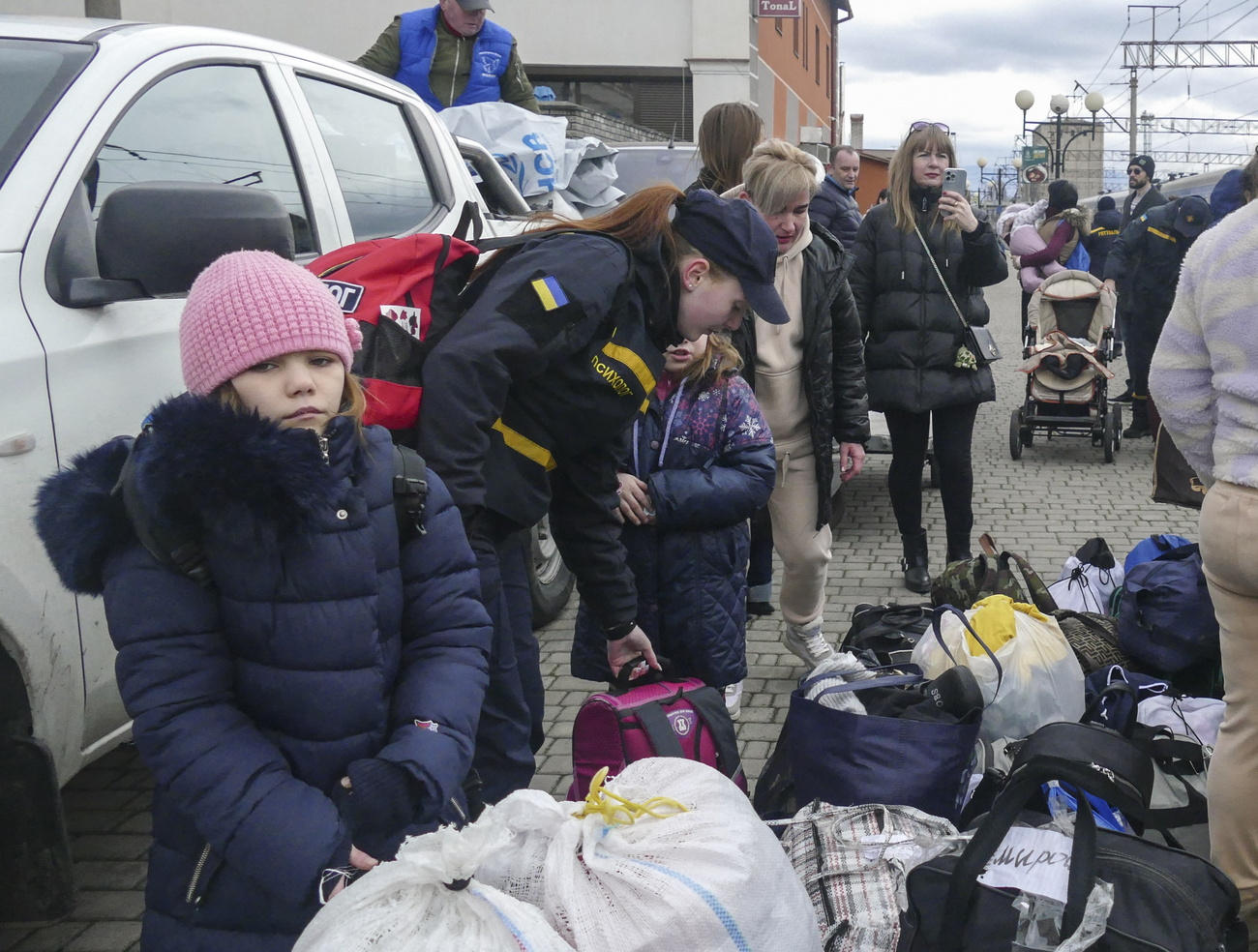

Switzerland Today
Dear Swiss Abroad,
Five weeks ahead of national votes on biodiversity and pensions, the first of two polls are out. How are the Swiss Abroad set to vote?

In the news: Bern’s Middle East academic controversy, “unconstitutional” drug pricing, Switzerland as a transport hub, and the risk of mpox in Switzerland.
The University of Bern (pictured) has created a new department combining social anthropology, religious and cultural studies and Middle Eastern linguistics. It will replace the university’s former Middle East Institute, which was dissolved under controversial circumstances earlier this year.
Swiss pharmaceutical giant Novartis has repeated its claim that the US pricing of its Entresto drug was “unconstitutional”. Prices set under the White House’s Inflation Reduction Act (IRA) will limit access to medicine, the Basel firm says.
The Swiss authorities have given a positive assessment of a programme launched three years ago to boost so-called multimodal interfaces, which serve as transport links between rural and urban areas. The smooth running of the Swiss transport system depends on how easily people can switch from one means of transport to another, the transport ministry said.
On Wednesday the World Health Organisation (WHO) triggered its highest level of global alert in response to a resurgence of mpox cases in Africa. Switzerland is less affected by the situation, officials say. The risk of contamination is very low in the Alpine nation, according to the Federal Office of Public Health.

Will Zurich soon be experiencing five-day stretches of 44°C? Unlikely but possible, according to worst-case predictions by climate researchers.
Climate change is setting records not only in terms of temperatures, but also in terms of precipitation and drought. In order to be prepared for this, federal technology institute ETH Zurich is calculating scenarios for authorities, companies and events such as the Olympic Games.
“A concept for weather conditions is important today,” Erich Fischer, climatologist at ETH Zurich, told Swiss public radio, SRFExternal link. Even climate researchers are surprised by the effects of climate change, especially the scale and speed. This is why ETH Zurich is focusing on researching very unlikely but possible events. “We can’t predict these events one or two years in advance. But we can quantify how extreme these events could become in the next ten years,” Fischer said.
In Lytton, southwestern Canada, it normally hits around 30°C in summer. In 2021, however, the thermometer rose to almost 50°C. A forest fire destroyed practically the entire village. Could this heat have been predicted? “We searched for the most extreme heatwaves in the climate models and looked at the weather reports for Lytton in recent years. From these two sources it became clear that we could have recognised the potential for this heat,” Fischer said.
ETH Zurich has now refined the model and is looking for extreme events in Switzerland using Geneva and Zurich as examples. “Temperatures have never exceeded 40°C north of the Alps. However, temperatures of 43°C to 44°C can’t be ruled out on the Central Plateau either.” For example, according to calculations, 43°C to 44°C would be possible in Zurich for five days. “That would be a major challenge,” he said.
A second unlikely but possible scenario: temperatures – often record highs – that lasted for a week in the hot summer of 2003 could last for three to four weeks. “This is a worst-case scenario that helps us to prepare,” Fischer said.
There was a lot of coverage of the security concepts against the threat of terrorism or cyberattacks for the recent Olympic Games in Paris. There was also a concept for weather events. ETH Zurich was asked by the University of Paris to calculate a worst-case scenario for heat. “They assumed 50°C. We said that’s not possible in the next 20 years, but 47°C would be conceivable. Such scenarios were worked through last November,” he said. A concept now exists for Paris with measures in the event of a heatwave. Worst-case scenarios are intended to help authorities or companies with critical infrastructure such as hospitals, energy suppliers and so on to draw up such safety concepts.
ETH Zurich has already developed calculation models for cold waves and answered the question of whether a record cold winter like 1962 with frozen lakes would be possible again. Although these temperatures would no longer be reached, it has been shown that cold waves and their potentially serious consequences are no longer expected. The maximum development of heavy rainfall is also currently being analysed.

The summer holidays are over, Swiss political life is waking up – and vote campaigns ahead of the September 22 ballots are picking up pace. While the biodiversity initiative is likely to divide voters along classic lines, the other issue at stake – a complex pension reform – is set for some heated debates.
This is the major finding of the first of two vote polls ahead of the September ballot, published this morning and carried out by the gfs.bern research institute on behalf of the Swiss Broadcasting Corporation (SBC), SWI swissinfo.ch’s parent company.
Regarding the biodiversity initiative, the divisions between voters are following typical patterns. Support comes mainly from the left, urban areas, French-speaking Switzerland and women; opponents are mainly men and people in rural areas. Swiss Abroad voters are more clearly in favour of the issue, with 60% definitely or probably saying yes and just 15% definitely saying no.
The other ballot up for vote – an occupational pensions reform – is also tight: a relative majority of 49% are in favour, while 39% are against. A strikingly high percentage – 12% – is still undecided. The reform is considered complicated, and pollsters say that not many respondents have finalised their view on it. Meanwhile the voting intentions of the Swiss Abroad are practically the same as those of their compatriots in the homeland.
More

In compliance with the JTI standards
More: SWI swissinfo.ch certified by the Journalism Trust Initiative




























